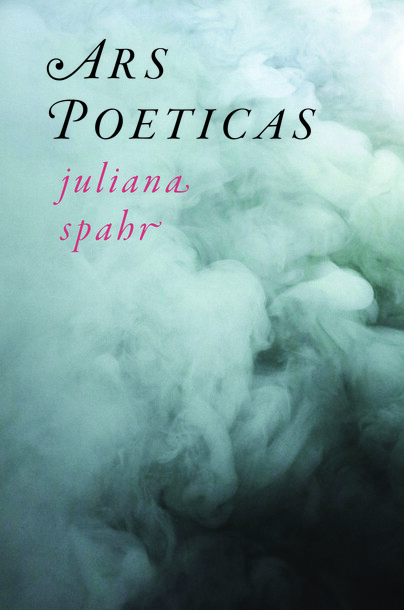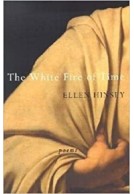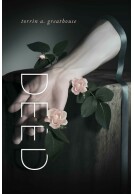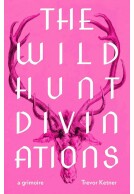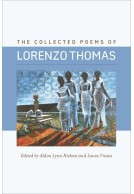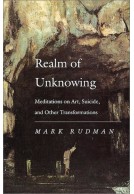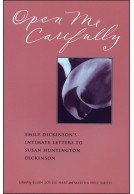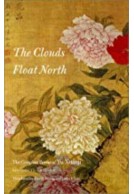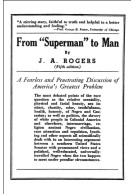Ars Poeticas (Hardback)
Imprint: Wesleyan University Press
Series: Wesleyan Poetry Series
Pages: 72
ISBN: 9780819501523
Published: 4th February 2025
Script Academic & Professional
Series: Wesleyan Poetry Series
Pages: 72
ISBN: 9780819501523
Published: 4th February 2025
Script Academic & Professional
Usually available in 6-8 weeks.
You'll be £19.50 closer to your next £10.00 credit when you purchase Ars Poeticas. What's this?
+£4.99 UK Delivery or free UK delivery if order is over £40
(click here for international delivery rates)
Order within the next 5 hours, 7 minutes to get your order processed the next working day!
Need a currency converter? Check XE.com for live rates
(click here for international delivery rates)
Order within the next 5 hours, 7 minutes to get your order processed the next working day!
Need a currency converter? Check XE.com for live rates
Lyric meditations on writing poetry in a time of ecological crisis and right wing populism
During the time of an increasingly powerful alt-right which was also the time when species extinction was ever increasing, Juliana Spahr sat down to read Brecht. She was looking for an answer to Brecht's question about the dark times, about whether there will also be singing during the dark times. The answer that Brecht provides is that yes, that poets will sing of the dark times. In the six ars poeticas that Spahr writes, she sings of the dark times but also of coral, the pop song's possible liberation, and the love of comrades. She writes not only of the rich history of what politics and poetry have done with each other, but what they might yet do together.
[Sample Poem]
from ARS POETICA 1: CORAL
To write poetry after Castle Bravo. Then to write poetry after 1500 feet. After high-quality steel frame buildings not completely collapsed, except all panels and roofs blown in. After 2,000 feet. After reinforced concrete buildings collapsed or standing but badly damaged. After 3,500 feet. After church buildings completely destroyed. After brick walls severely cracked. After 4,400 feet. After 5,300 feet. After roof tiles bubbled and melted. After 6,500 feet. After mass distortion of large steel buildings. To write the Cold War and doves. The Cold War and tapeworms. The Cold War and sails of ships. The Cold War and the steel of bridges. To write poetry after that. To write in a world with few nutrients, one that rocks back and forth. The same beginning in both the sea and the land. To write poetry that knows a hard, cup-shaped skeleton. And then poetry that knows the long, stinging tentacles capturing. Knows the water. The Atlantic and the Pacific. The connections between. The one moving into the other. To develop poetry in the stomach that then exits through the mouth which is the anus. To write poetry in the blue that is the absence of green. Light penetration. Whorls of tentacles. The slime earth too. Hunters and farmers. Shallow water. Few nutrients. High fecundity. Rapid growth. Multiarmed morphology and tube feet. To write tube feet. To write the exact place. Seaward slope place. Sea terrace place. Algal ridge place. Coral algal zone place. Seaward reef flat place. Islet or interisland reef crest place. Lagoon reef flat place. Lagoon terrace place. Lagoon floor or basin place. Coral knolls, pinnacle and patch reefs place. To write poetry after.
Other titles in the series...
Other titles in Wesleyan University Press...







